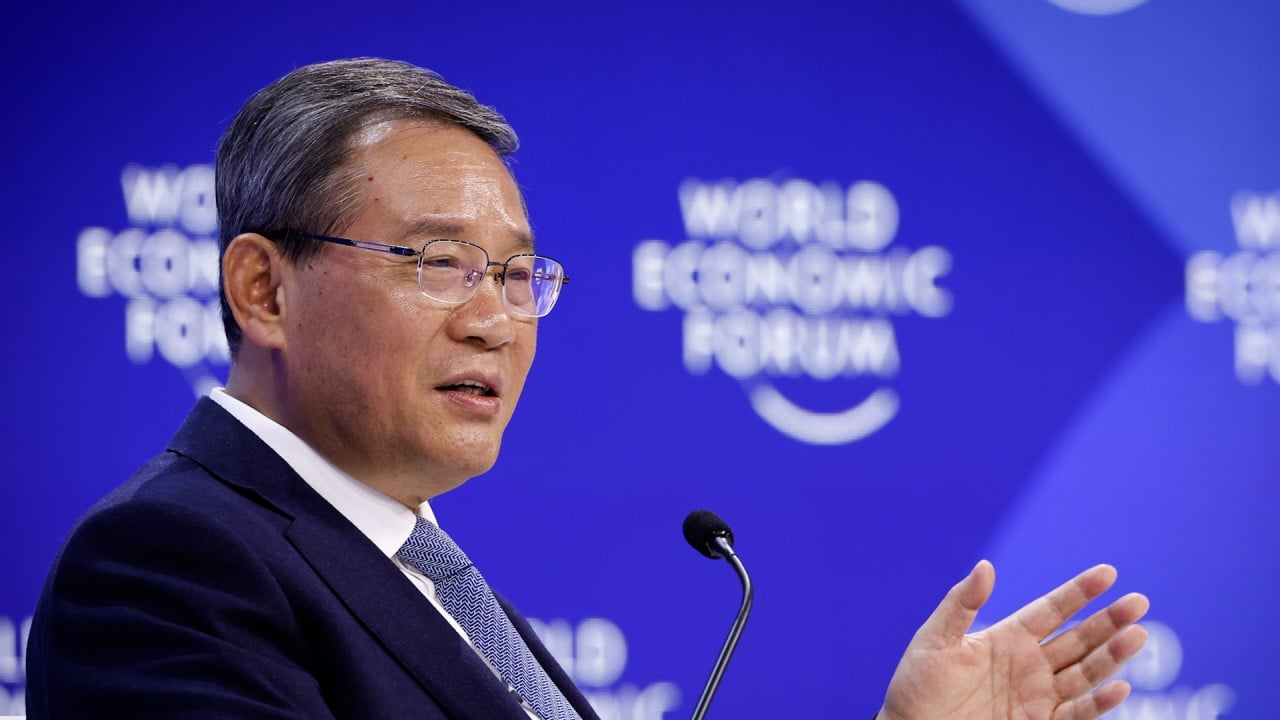
US House panel renews push to punish trade fraud by Chinese companies, warning of ‘catastrophic impact’ on manufacturing
- US committee on China raises concerns about tariff evasion and lax enforcement days after raid of Chinese-owned car parts supplier in Ohio
- Analysts say rules for determining origin of products are not always precise, making them easy to manipulate
But observers have said that the lack of precision in the rules determining fraud makes it hard to prove violations.
Last week, local media reported that the Department of Homeland Security executed a federal search warrant for Harco Manufacturing Group, a firm based in Moraine, Ohio that was acquired by Qingdao Sunsong in 2015.
The homeland security department declined a request to outline the nature of the warrant, noting there was “an ongoing investigation and no further information is available at this time”.
Joe Biden’s administration has so far kept these tariffs in place, though it is in the process of conducting a four-year review of them.
In recent years, Chinese manufacturers have been accused of shipping their products to countries that do not face additional tariffs, where the products would undergo minor or no changes then be labelled as made outside China and shipped to the US.
Identifying the origin of a product is important in determining if it is eligible for preferential tariff rates. When a good does not come entirely from a single country, the internationally recognised legal principle of substantial transformation – whether the product has undergone a fundamental change – is used to determine the product’s origin.
Substantial transformation is often defined in value terms or a change in tariff classification, which involves looking at the materials used in the final product. But the process to determine it is complex and without standardised thresholds, and there has been little data on the extent to which tariff evasion through transshipment is happening.
Gary Hufbauer, a senior fellow at the Peterson Institute for International Economics, said that the committee’s allegations fell “far short” of proving that Qingdao Sunsong was deliberately evading US Section 301 tariffs.
“It requires detailed investigation to determine whether substantial transformation has taken place,” he said.
But according to Jayant Menon, a senior fellow at the ISEAS-Yusof Ishak Institute in Singapore, Chinese firms have a great incentive to try to evade tariffs.
“New firms try this because the US is a very important market and the ‘Made in China’ tariffs are still quite significant,” he said.
Menon added that the lack of precision in the rules made them prone to manipulation on both sides.
“If countries want to increase barriers against a particular country, then the way in which these rules are implemented can be varied to serve that purpose,” he said.
Qingdao Sunsong did not respond to a request for comment.


